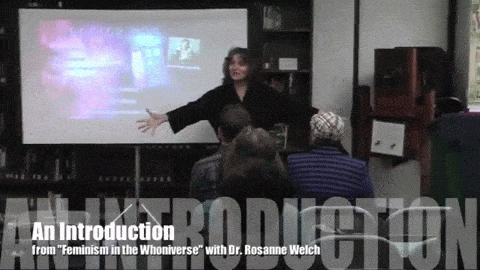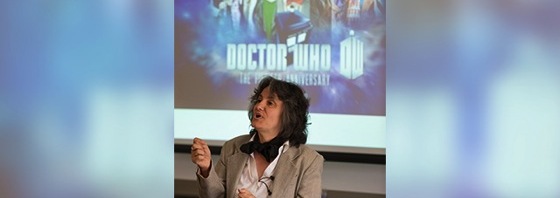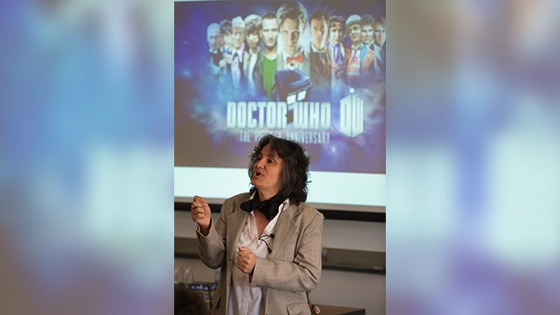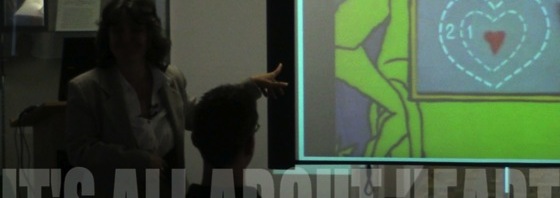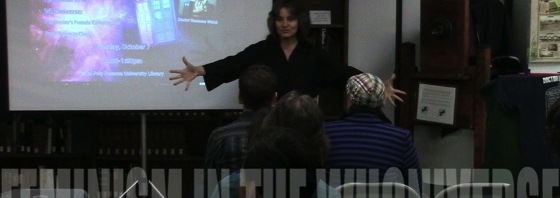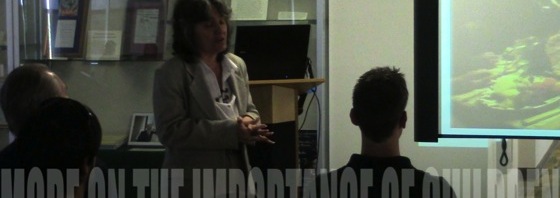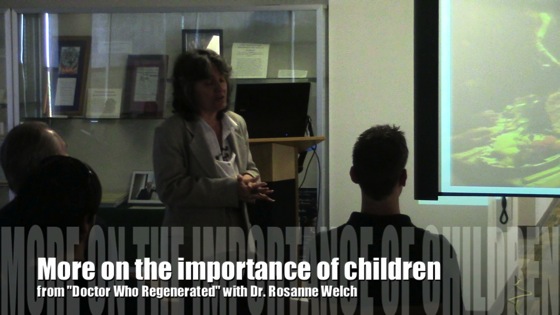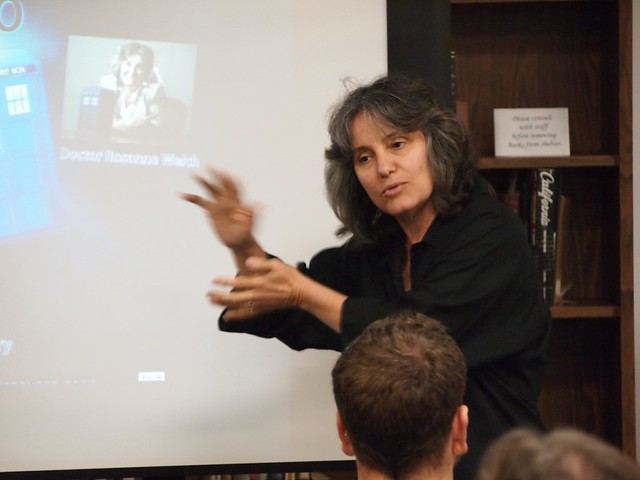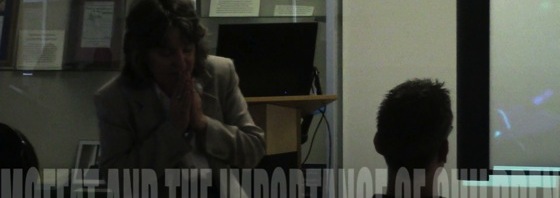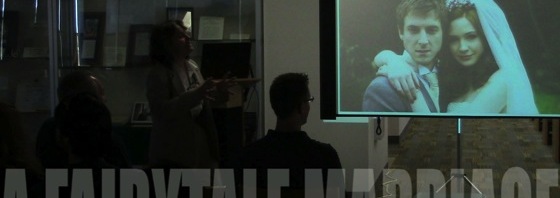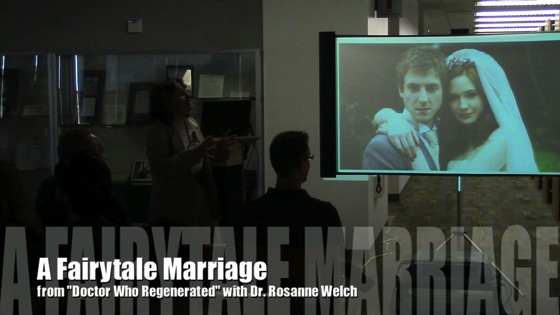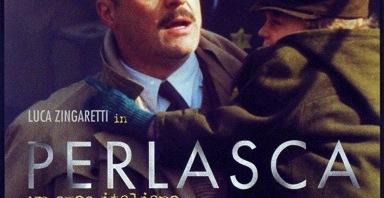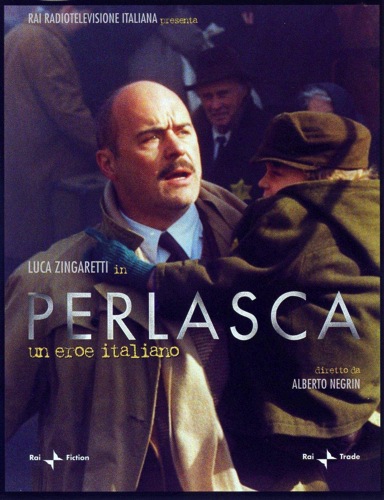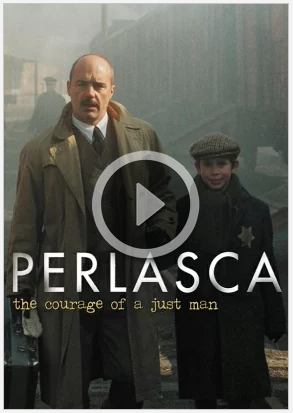A clip from this longer presentation – Doctor Who: Feminism in the Whoniverse with Dr. Rosanne Welch
Watch this entire presentation – Doctor Who: Feminism in the Whoniverse with Dr. Rosanne Welch
Dr. Rosanne Welch (https://rosannewelch.com) speaks on “Feminism in the Whoniverse” of Doctor Who, the BBC television program now in its 50th year. She reviews each of the Doctor’s female companions and speaks on how they are represented in the program and how they represented the women of their respective periods.
Transcript:
First of all, the question of the day is going to be — who is the most feminist companion ever on Doctor Who? Right? We have to think about that. Everyone’s going to have an idea. We are going to come and see if we all come to the same one. Be thinking. Who it might be. We’ll see if we all agree or not. We’ll have a little expert discussion here online about someone, an expert, who has an idea. Meanwhile, you’re not going to find out until then. Y’all have a personal opinion and with any media your personal opinion is probably correct, because you have given your own evidence for that opinion, but I am going to show you some ideas along the way. Now, first we have to define feminism. Which, if you saw Emma Watson’s speech to the UN, it was a very lovely thing and if you haven’t you should watch it. It is nice short thing and it’s a very good explanation of the fact that feminism does mean that we hate dudes. We happen to like dudes, very much. We would just like to make the same amount of money they making doing the cool jobs they do. So, it’s not any kind of crazy man-hating thing and we don’t see that evidence in The Doctor either.
Feminism in the Whoniverse was presented at the Cal Poly Pomona University Library where Dr. Welch teaches in the IGE (Interdisciplinary General Education) program.
This is the 4th talk on various aspects of Doctor Who that Dr. Welch has presented. You can find these talks using the links below.
- Doctor Who and Culture
- Doctor Who Regenerated
- “How the Growing Popularity of the English Who-niverse Effected American TV” with Dr. Rosanne Welch
Subscribe to Dr. Welch’s YouTube Channel
Podcast: Play in new window | Download
Subscribe: RSS

